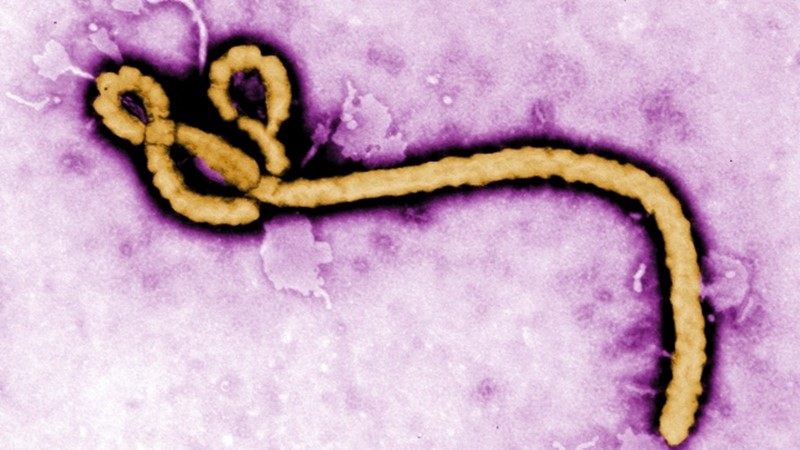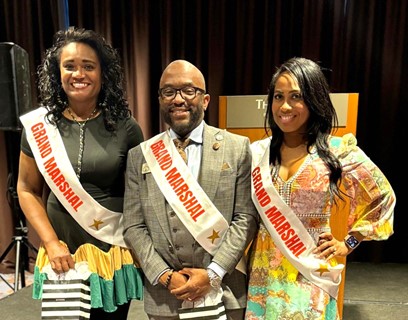
A Cuban doctor on the frontlines of the battle against Ebola in Sierra Leone has tested positive for the virus, becoming the first Caribbean national known to have contracted the deadly disease.
Dr Felix Baez, a specialist in internal medicine, is one of 165 Cuban medical professionals who have been treating Ebola patients in Sierra Leone since early October.
The doctors and nurses stationed in Sierra Leone are part of a Cuban contingent of 256 medical volunteers deployed in West Africa to help combat the world’s worst-ever Ebola outbreak that has so far claimed the lives of well over 5,000 people.
Another 53 Cuban medical professionals are stationed in Liberia, while 38 are currently serving in Guinea.
A further 205 Cuban medics have completed training in preparation for deployment to the West African countries worst-hit by the killer virus.
Dr Baez, the first of the Cuban contingent to contract the disease, had a fever on Sunday and tested positive on Monday after being taken to Sierra Leone’s capital Freetown, according to Cuba’s official website Cubadebate, which was citing a health ministry statement.
The 43-year-old doctor has not shown complications and is “hemodynamically stable,” the statement said.
“Our collaborator is being tended to by a team of British professionals with experience in treating patients who have displayed the disease and they have maintained constant communication with our brigade,” the statement revealed.
Dr Baez, who was being treated at a Red Cross centre near Freetown, was reportedly scheduled to be flown to Geneva for further treatment.
Cuba’s rapid and generous response to the killer epidemic in West Africa has been lauded internationally as more substantial than contributions from many wealthy countries. Among those praising Cuba have been its longstanding foes in Washington.
The Communist Caribbean nation of 11 million people has practised “medical diplomacy” via its “ejercito de batas blancas” (army of white coats) since Fidel Castro came to power in the 1959 revolution. Fellow revolutionary and medical doctor Ernesto “Che” Guevara is credited with providing much of the inspiration for the international medical initiative.
While Cuba provides free disaster relief around the world, it also routinely trades the services of doctors for cash or goods. The country receives an estimated 100,000 barrels of oil daily from Venezuela where some 30,000 Cuban medical professionals are posted.
Since 1960, Cuba has sent 135,000 health workers overseas for emergency response or to work in under-served communities. At present, the country has more than 50,000 doctors and nurses in 67 countries, according to the health ministry.
Meanwhile, the oil-rich West African country of Equatorial Guinea has hired 50 Cuban doctors to contain the outbreak of Ebola during the Africa Cup of Nations next year, an official source said.
Guinea took over the organisation of the continental football tournament at short notice last week when Morocco forfeited the right to host the event after expressing fears over the transmission of the virus by visiting supporters and requesting a postponement.


